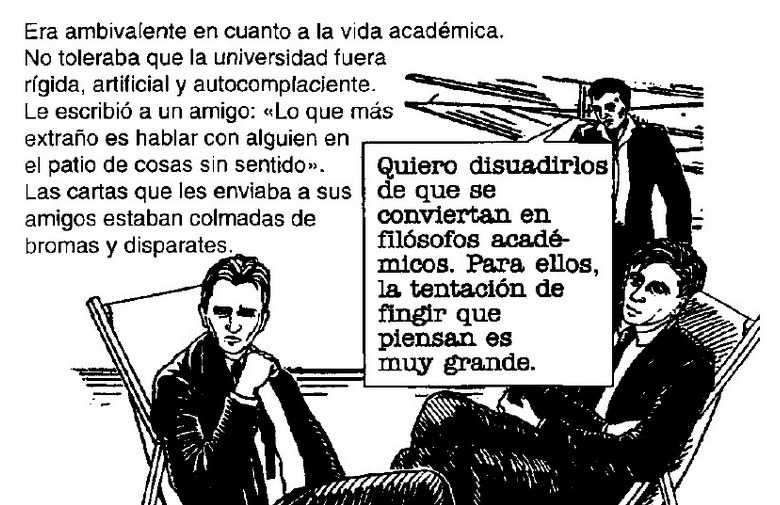“Because both consciousness and linguistic knowledge are dificult to conceptualize and operationalize, much existing research has taken a pragmatic approach and, like the drunk who looked for his car keys under a lamppost a block away from where he dropped them, “because the light is better there,” used easy to administer grammaticality judgments, or metalinguistic judgments, or multiple choice or other limited response format measures of language proficiency. Such tests have questionable validity as measures of language proficiency and in their very nature they are more likely to tap explicit conscious learning than are measures involving free constructed responses (Norris and Ortega, 2000). This is a research area plagued with measurement problems (Hulstijn and Ellis, 2005).” (Nick Ellis 2008:10)
“Nevertheless, amnesiacs maintained implicit memories (those evidenced by the facilitation of the processing of a stimulus as a function of a recent encounter with an identical or related stimulus but where the person at no point has to consciously recall the prior event) and were able to learn new perceptual skills like mirror reading and new motor skills (Schacter, 1987; Squire and Kandel, 1999). They also showed normal classical conditioning, thus the famous anecdote of the amnesic patient who, having once been pricked by a pin hidden in the hand of her consultant, refused thereafter to shake him by his hand while at the same time denying ever having met him before.” (Nick Ellis 2008: 3)
